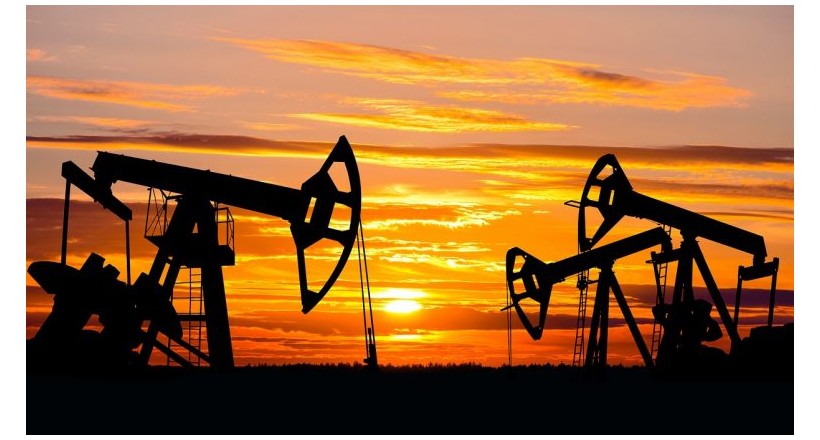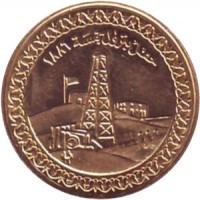Some historians mention that the use of crude oil began in Egypt since the Pharaonic era as fuel for lighting in lamps as seen on the walls of the temples, and was the first geological survey in Egypt.
Natural gas was discovered in commercial quantities only in 1967 when the Abu Madi field was discovered in the middle of the delta, which was the beginning of major discoveries of natural gas in Egypt, followed by the discovery of the Abu Qir sea field in the Mediterranean in 1969, And the Abi Gharadik field in Western Sahara in 1971. The encouraging results of this early phase led to the expansion of research in the delta, Western Sahara and the Mediterranean waters, which began its initial exploration in 1975. However, intensive exploration campaigns there did not begin before 1995, Discoveries For commercial gas since 1998 till now.
Egypt has oil reserves, natural gas and condensates (3.8 billion barrels of oil equivalent) in 1981/82 and reached about 16.9 billion barrels of oil equivalent by the end of June 2007. Natural gas reserves represent about 75% of these reserves.
The large discoveries, in addition to the development of fields of production and intensive exploration efforts, the application of the latest methods and modern technologies, and the continuous construction of the National Natural Gas Network have led to the increase of proven reserves of natural gas. The proven natural gas reserves increased from 5.4 trillion cubic feet in 1979 to 72.3 trillion cubic feet 2006, but jumped in one year from 36 trillion cubic feet to 51 trillion cubic feet. In the years 2002-2005, 6 trillion cubic feet of reserves were discovered annually, along with about 100 trillion cubic feet of undiscovered reserves estimated Companies operating in Egypt.
Egypt has about 1 percent of the world's reserves and has the second largest potential natural gas reserves in the world after the Gulf of Mexico reaches about 70 trillion cubic feet. A plan is currently under way in 2010 to add 30 trillion cubic feet to Egypt's natural gas reserves with investments 10 billion dollars. According to 2005 figures, Egypt is the number 18 country among 102 countries with proven reserves of natural gas, accounting for about 1% of the world's reserves.
The current reserve is sufficient for 34 years only for consumption and export according to the current consumption rates, which led to the State's search for alternatives to natural gas, especially in the generation of electric power, which consumes most of the domestic production, especially with the increasing consumption of electricity, which grows by 7.32% during the four years In 2002-2005, alternative energy, such as wind and solar energy, began to be considered. Alternative energy currently accounts for only 3% of Egypt's electricity consumption, although it is planned to increase to 13% in 2010






